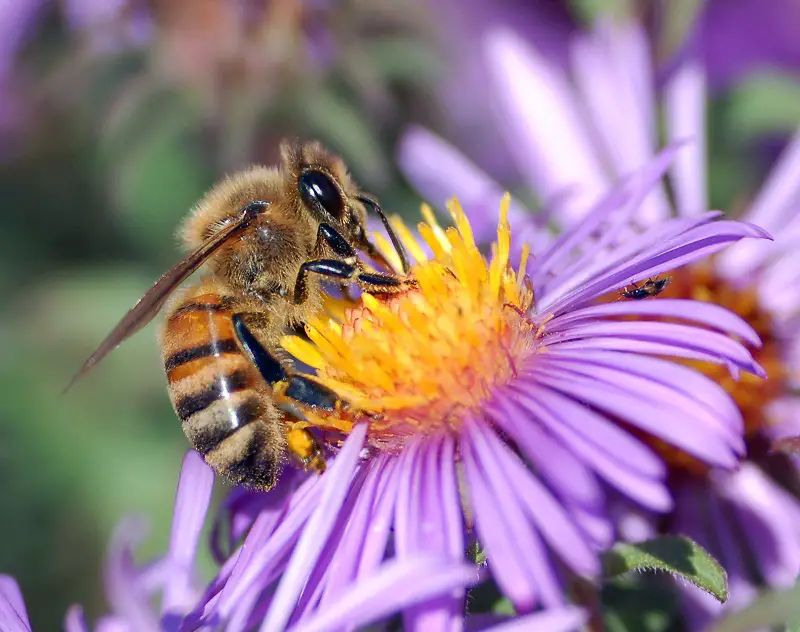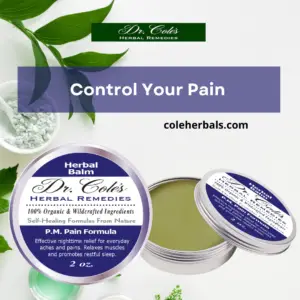Concern over bee-killing chemicals on commercial plants and seeds has led many to buy more “bee friendly” plants, but are companies really telling the truth about their products?
According to a new report from the organization Friends of the Earth and various allied groups, the answer may be no.
Research published in the new report, titled ‘Gardeners Beware 2014,’ found bee-killing pesticides in 51% of plants from garden centers across the United States and Canada.
The report can be viewed in full by clicking on this link.
Neonicotinoids Found at Top Garden Retailers
The report found that 36 out of 71 garden plant samples, or 51 percent, contained neonicotoind pesticides (neonics), which have been implicated as a key contributing cause to the recent widespread bee declines in the United States, Europe and other developed areas of the globe.
According to the report, some of the flowers purchased contained neonic levels high enough to kill bees “outright,” assuming that comparable concentrations are indeed present in the pollen and nectar of the flowers. In addition, 40 percent of the positive samples contained two or more neonics.
“The high percentage of contaminated plants and their neonicotinoid concentrations suggest that this problem continues to be widespread,” said Lisa Archer, director of the Food & Technology program at Friends of the Earth-U.S. “Most gardeners have no idea that their gardens may be a source of harm to bees. We’re calling on retailers to get neonicotinoid pesticides out of their plants and off their shelves as soon as possible. Until then, gardeners should buy organic plants to ensure the safety of bees.”
The study also is a follow-up to another one from the FOE released last August, which researched the distribution of neonic pesticides between flowers and the rest of the plant.
“Our data indicate that many plants sold in nurseries and garden stores across the U.S. and Canada are being pre-treated with systemic neonicotinoid insecticides, making them potentially toxic to pollinators,” said Timothy Brown, Ph.D., co-author of the report from the Pesticide Research Institute, said in a press release. “Unfortunately, these pesticides don’t break down quickly so these plants could be toxic to bees for years to come.”
The European Union has banned the three most widely used neonics, the press release noted, but they are still widely used in the United States. When not killing bees outright, they make them more vulnerable to pests, pathogens and other potential dangers, according to scientific literature.
A new meta-analysis of 800 peer-reviewed studies released this week by the Task Force on Systemic Pesticides — a group of global, independent scientists – confirmed that neonics are a key factor in bee declines and are also harming everything from soil microbes to butterflies, earthworms, reptiles and birds.
Petitions against the neonics demanding Lowe’s and Home Depot stop selling them have been signed by over half a million Americans, and some independent chains are taking that initiative already.
The company BJ’s Wholesale Club, for example, announced that it will require vendors to remove the neonics from plants by the end of 2014 and/or require warning labels for plants treated with them.
Most of the UK’s top garden retailers have already stopped selling them.
“There is a growing movement around the world demanding that we protect the bees essential to our food supply,” said Taren Stinebrickner-Kauffman, executive director of SumOfUs, one of the allied organizations. “Lowe’s and other retailers need to stop selling Bayer’s bee-killing pesticides and start being part of the solution to the bee crisis.”
Neonic restrictions are also being pushed in the U.S., as Representatives Earl Blumenauer (D-Ore.) and John Conyers (D-Mich.) introduced the “Saving America’s Pollinators Act” which would suspend the use of neonics on bee-attractive plants until EPA reviews all data on hand including field studies.
The bill has bi-partisan support and 68 co-sponsors, the press release from FOE said.
“It is deeply troubling that retail garden centers like Home Depot and Lowe’s continue the sale of neonicotinoid pesticides and seedlings and plants pre-treated with such pesticides as supposedly “bee-friendly” products. This is an unfair and deceptive practice. Many consumers are not made aware that the “bee-friendly” products they purchase have been pre-treated with neonicotinoids or the damaging health effects they have on honey bees or other pollinators, as demonstrated by rigorous scientific reviews.
“This is disturbing, especially considering the alarming rate of honey bee decline and colony losses. Our food system and agriculture industry cannot afford for the use of these pesticides to continue. I encourage retailers to immediately remove the sale of neonicotinoids and any products pre-treated with such pesticides until the Environmental Protect Agency has completed its review of neonicotinoids and determined whether such pesticides have an unreasonable and adverse-effect upon honeybees and other pollinators,” said Congressman John Conyers.
Recommended Action Steps for Consumers
According to the report, the following action steps have been recommended by Friends of the Earth:
In the United States: Join the Friends of the Earth U.S. Bee Action campaign at www.BeeAction.org and sign our petition to garden retailers asking that they stop selling neonicotinoid treated plants and products that contain neonicotinoids. You can also contact your member of Congress and encourage them to support the Saving America’s Pollinators Act.
You can find action, and bee-friendly gardening tips at www.BeeAction.org.
In Canada: Join the Friends of the Earth Canada campaign – take part in The Bee Cause work (www.BeeCauseCanada.org) and sign the petition to influence garden centers in Canada to stop selling neonicotinoid treated plants.
Raise Your Voice Locally: Let your local nursery manager know that you will only purchase plants free of neonicotinoids and ask the manager to communicate your request to their corporate headquarters and suppliers who grow the plants they sell.
Buy and Grow Organic, Dispose of Any Neonic-Containing Plants: Both steps can go a long way toward supporting the bees. A 30-year study of organic farms recently found that they are far better for biodiversity, including the ability to support more species of bees.
Neonic containing plants are potential hazards for bees that should be disposed of properly to avoid any further harm, if possible.
Thanks for reading! P.S. You can subscribe for more updates by clicking on this link.
Related reading: The bee-friendly plant that also helps treat coughs naturally
Thanks for installing the Bottom of every post plugin by Corey Salzano. Contact me if you need custom WordPress plugins or website design.





